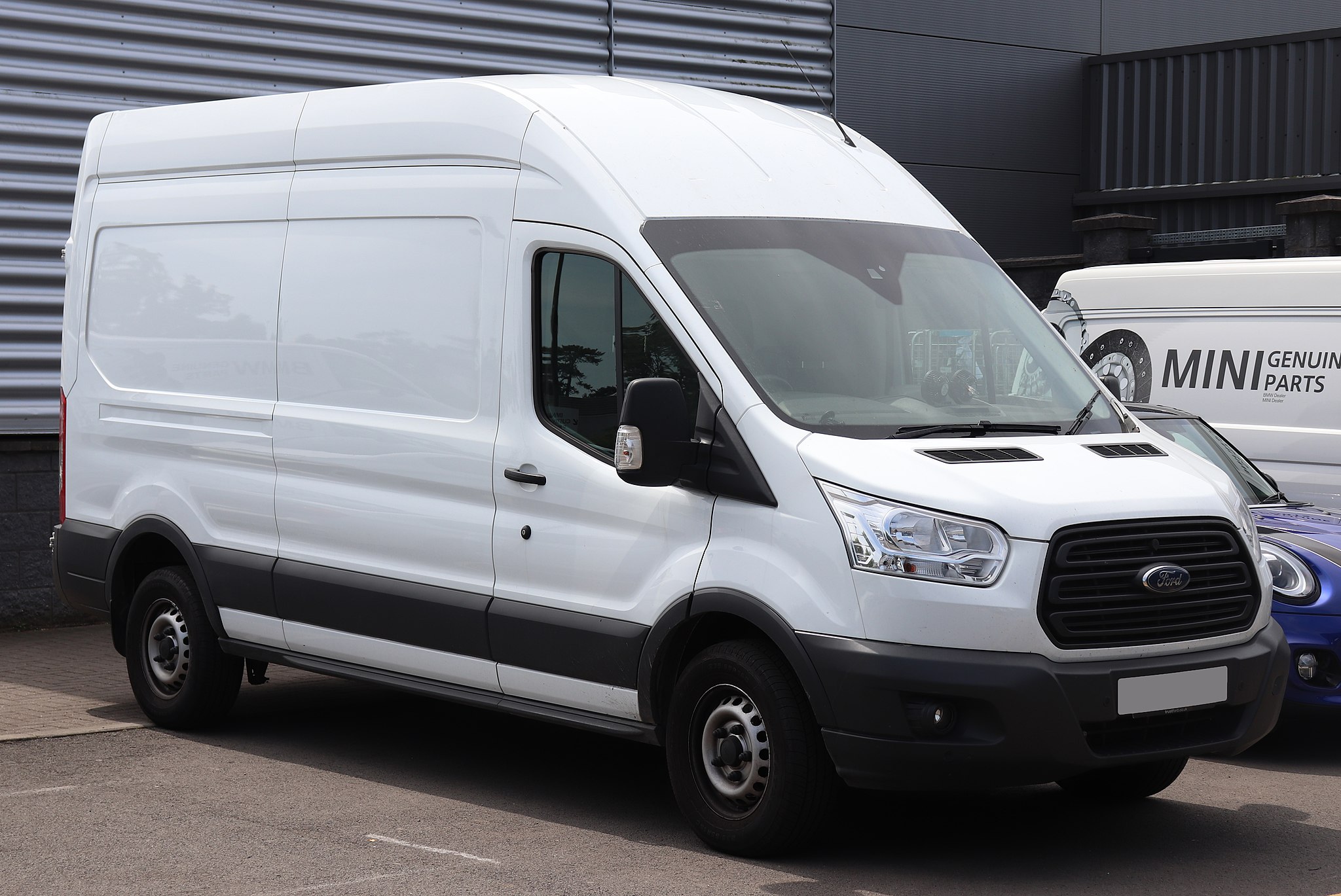The new rules enter into force on May 21st 2022 and have been explained in detail in an update published to the UK Government’s official website on Tuesday.
As the update states, the need to hold a standard international goods vehicle operator licence to transport goods in the EU, Iceland, Liechtenstein, Norway and Switzerland applies to all UK-based firms, including those based in Northern Ireland. Drivers will need to carry a certified copy of the UK Licence for the Community during international journeys.
The new rules will apply to companies that use the following:
- vans with a maximum authorised mass (MAM) over 2,500kg (2.5 tonnes) and up to and including 3,500kg (3.5 tonnes)
- vans towing a trailer with a gross train weight (GTW) over 2.5 tonnes and up to and including 3.5 tonnes
- cars towing a trailer with a GTW over 2.5 tonnes and up to and including 3.5 tonnes
Those that are already in possession of a goods vehicle operator licence will also have to add all their vehicles to it. The vehicles will not, however, be required to be assigned to a specific operating centre.
At the time of writing, it is not possible to add vehicles to the international goods vehicle operator licence. Therefore, the government has encouraged couriers to sign up for email alerts to be notified as soon as possible.
There’s no fee to add the vehicles to a licence if the vehicle limit has not been exceeded. Nevertheless, those that need a ‘major variation’ shall have to pay £257 to increase the vehicle limit on their licence. Moreover, the government explains that couriers will need to prove they have access to a set amount of finance to run their business (called ‘financial standing’). The amount is dependent on how many vehicles the firm has – couriers must have £1,600 available for the first vehicle, plus an extra £800 per additional vehicle in the fleet.
Finally, there is also a requirement for a transport manager to be assigned as the person legally responsible for all the vehicles on the operator licence.
The transport manager may be an existing member of staff (ot the self-employed business owner themself). However, while this person doesn’t need to be qualified as a transport manager, they are required to have managed fleets of vehicles for at least 10 years before 20th August 2020.
Alternatively, the couriers can employ someone with a transport manager qualification (called a Transport Manager Certificate of Professional Competence – or ‘CPC), or hire an external qualified transport manager.
Reacting to the news, Rod McKenzie of the RHA told the Guardian: “This is just more bureaucracy. It’s been flagged for some time but could be a problem for the one-man bands or small operators who are simply too busy running their business day to day to have noticed this.”
Photo: Vauxford, CC BY-SA 4.0, via Wikimedia Commons











